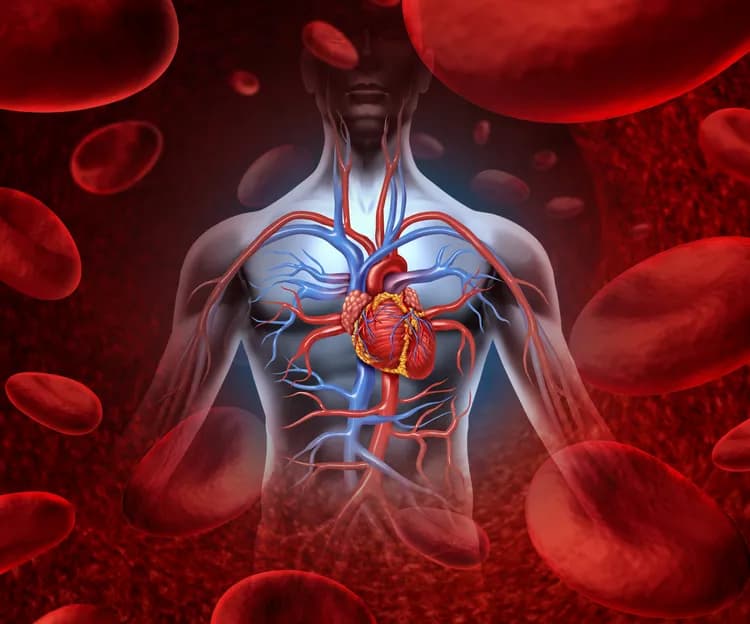
Metformin Influences Nitrogen And Urea Metabolism
The most frequently prescribed oral antidiabetic drug metformin significantly affects metabolic pathways. This was reported by scientists from the Helmholtz Zentrum München together with colleagues from the German Diabetes Center (DDZ) in Düsseldorf. The underlying study was conducted with further scientists of the German Center for Diabetes Research (DZD). These results have now been published in the journal 'Diabetes'.
Metformin is a widespread oral medication to increase insulin sensitivity in patients with type 2 diabetes (T2D). According to a number of studies, it additionally reduces the risk of cardiovascular complications. Last year, a team led by Dr. Rui Wang-Sattler discovered that metformin intake lowers the levels of the harmful LDL cholesterol by activating the AMPK protein complex. Dr. Wang-Sattler is head of the "Metabolism" research group in the Research Unit of Molecular Epidemiology at the Institute of Epidemiology II at the Helmholtz Zentrum München. Her group aims to understand the molecular mechanisms that underlie the activity of metformin.
Metformin intake changes metabolite profiles in population-based KORA* study
In the present work, the interdisciplinary team of scientists was able to explain a further feature of the drug: "Our results show that metformin also modulates the body's nitrogen and urea metabolism," first author Jonathan Adam summarizes.
In close collaboration with Dr. Stefan Brandmaier and other colleagues, he examined the metabolite profiles (353 small molecules) of KORA participants. The researchers compared T2D patients treated with metformin (a total of 74) with those not being treated with metformin (115) and looked for differences in the distribution of metabolites in the blood. They subsequently confirmed the findings in samples of more than 1500 participants.
Amino acid levels provide a crucial hint
Changes in the amino acid citrulline concentration caused by metformin intake were particularly significant. The amino acid citrulline (named after Citrullus vulgaris, the watermelon, where it is found in large quantities) showed significantly lower levels in samples of T2D patients treated with metformin than in untreated ones.** The researchers propose that this is a further consequence of metformin's AMPK activation. "Our analysis indicates that the activation of the AMPK pathway by metformin affects nitrogen and urea metabolism through a further enzyme***, which thus lowers the citrulline levels," reports Rui Wang-Sattler.
Accordingly, the scientists suspect that the additional intake of citrulline could have a positive effect on the cardiovascular system in patients being treated with metformin. As a follow-up study, the team plans to analyze the metformin-associated effects on other central metabolic pathways, such as the citric acid cycle.
Further information:
* Key topics of the KORA studies are issues regarding the genesis and progress of chronic diseases, particularly cardiac infarction and diabetes mellitus. Risk factors from the area of health-related behaviour (such as smoking, nutrition, and physical activity), environmental factors (including air and noise pollution) and genetics are investigated for this purpose. From the point of view of care research, issues of the utilization and costs of healthcare are examined. Overall, the KORA research is intended to serve the development of new approaches in the area of chronic disease prevention and the improvement of healthcare.
** Further examinations on a model system indicate that this effect goes beyond the blood and also continues in muscles and fat tissue.
*** AMPK regulates endothelial nitric oxide synthase, called eNOS for short. eNOS is crucial for the synthesis of citrulline from arginine, which releases NO. NO has a positive effect on the cardiovascular system by widening vessels.
Materials provided by Helmholtz Zentrum Muenchen - German Research Centre for Environmental Health. Note: Content may be edited for style and length.
Disclaimer: DoveMed is not responsible for the adapted accuracy of news releases posted to DoveMed by contributing universities and institutions.
Primary Resource:
Adam, J., Brandmaier, S., Leonhardt, J., Scheerer, M. F., Mohney, R. P., Xu, T., ... & Heier, M. (2016). Metformin Effect on Non-Targeted Metabolite Profiles in Patients with Type 2 Diabetes and Multiple Murine Tissues.Diabetes, db160512.
Related Articles
Test Your Knowledge
Asked by users
Related Centers
Related Specialties
Related Physicians
Related Procedures
Related Resources
Join DoveHubs
and connect with fellow professionals

0 Comments
Please log in to post a comment.